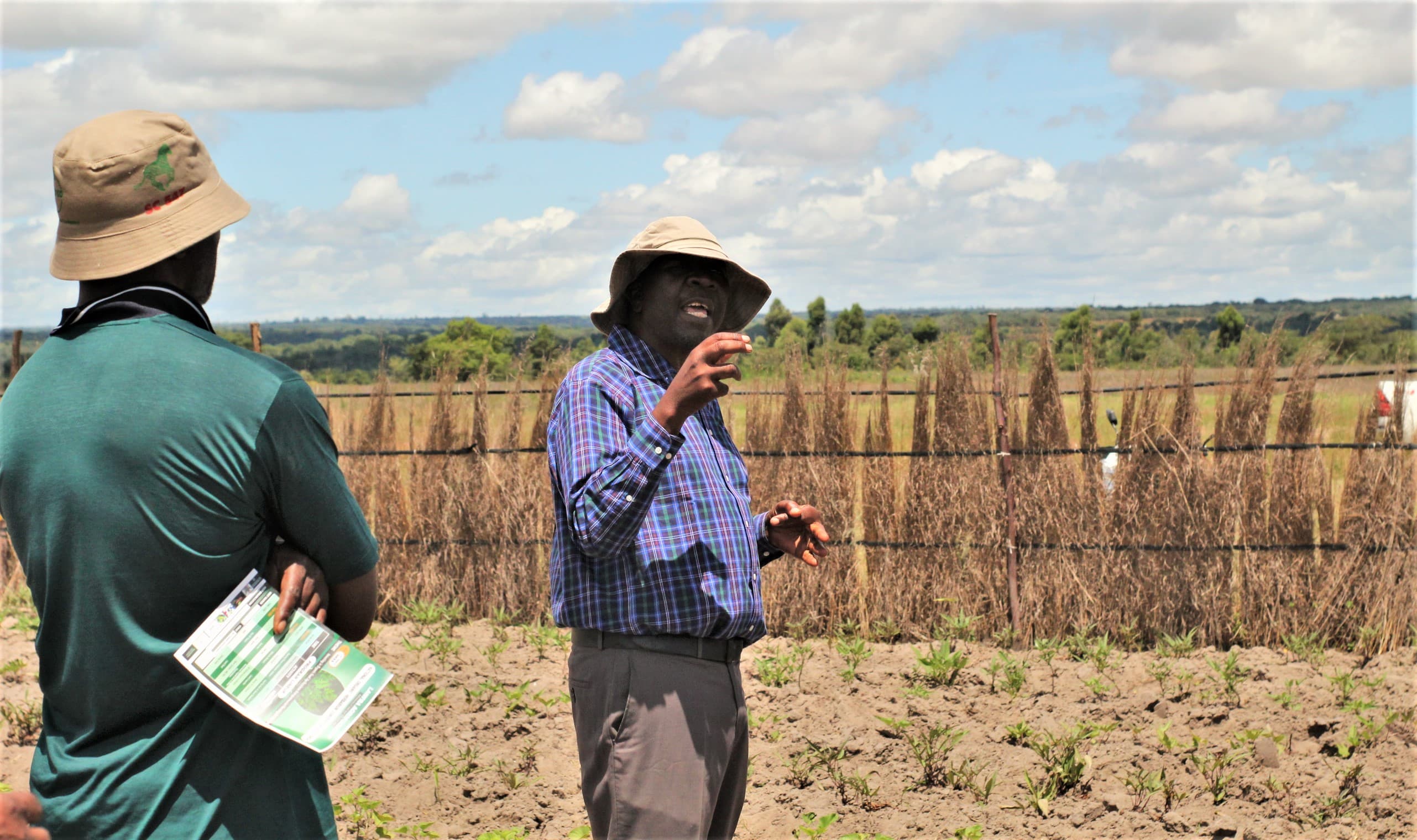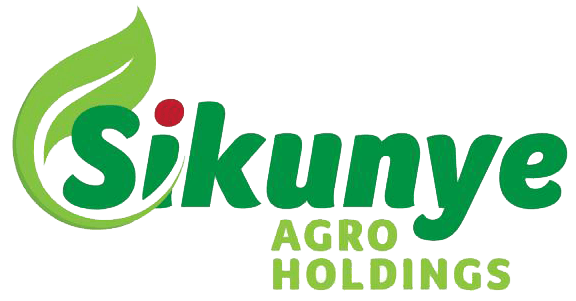






Open Day
Date: 10 March 2023
Venue : Plot 11, Cromlet, Goromonzi
Introduction
Welcome to our latest blog post, where we excitedly share the highlights of our recent open day at Plot 11, Cromlet Goromonzi! This memorable event brought together sustainable agriculture enthusiasts, local farmers, and curious minds to explore and learn about the innovative world of organic farming practices. Set against the picturesque backdrop of lush green fields, the open day offered visitors an immersive experience of the organic way of life, through interactive workshops, live demonstrations, and conversations with experts. Join us as we recount the memorable moments of the day, and shed light on the inspiring journey of transforming a humble plot of land into a thriving, eco-friendly farming haven.
The open day took place at a farm managed by Davison H Ncube, a seasoned agricultural expert with nearly two decades of experience in the sector. Under his leadership, the farm has been focusing on the cultivation and production of various herbs, showcasing the potential for innovation and diversification within the agricultural field. Ncube's vast knowledge and expertise in the industry were evident as he guided visitors through the herb-growing process, sharing valuable insights and best practices that can be adopted by other farmers to improve their own agricultural endeavors. The success of the herb production at the farm served as an inspiring example for the attendees, driving home the message that embracing new techniques and crops can lead to a more sustainable and profitable future in agriculture.
One of the key benefits of farming herbs as a commercial enterprise using organic farming practices is the ability to tap into a rapidly growing market for natural, chemical-free products. As consumer awareness and demand for organic products continue to rise, farmers who cultivate herbs organically can position themselves as preferred suppliers, resulting in higher returns on their investment. Furthermore, organic farming practices help to preserve and improve soil health, biodiversity, and overall ecosystem balance, ensuring the long-term sustainability and productivity of the land.


Additionally, growing herbs can offer a higher profit margin compared to traditional crops, as they often require less space, fewer inputs, and can be sold at premium prices due to their medicinal, culinary, and aromatic properties. This makes herb farming an attractive option for small-scale farmers, as it enables them to maximize the use of their limited resources, while still generating significant income.
Herb farming also presents an opportunity for value addition and diversification within the agriculture sector. By processing the herbs into essential oils, dried herbs, or other value-added products, farmers can further increase their revenue streams and reduce their reliance on a single crop.
Lastly, engaging in organic herb farming can contribute to rural development and job creation, particularly in areas where alternative sources of employment may be scarce. By developing successful herb farming enterprises, communities can generate local economic growth, stimulate the agricultural sector, and ultimately improve the livelihoods of all stakeholders involved.

